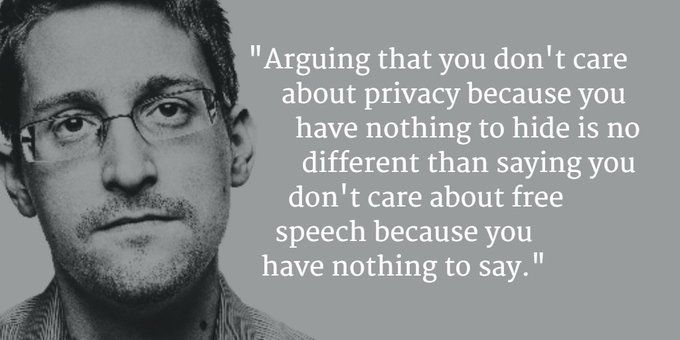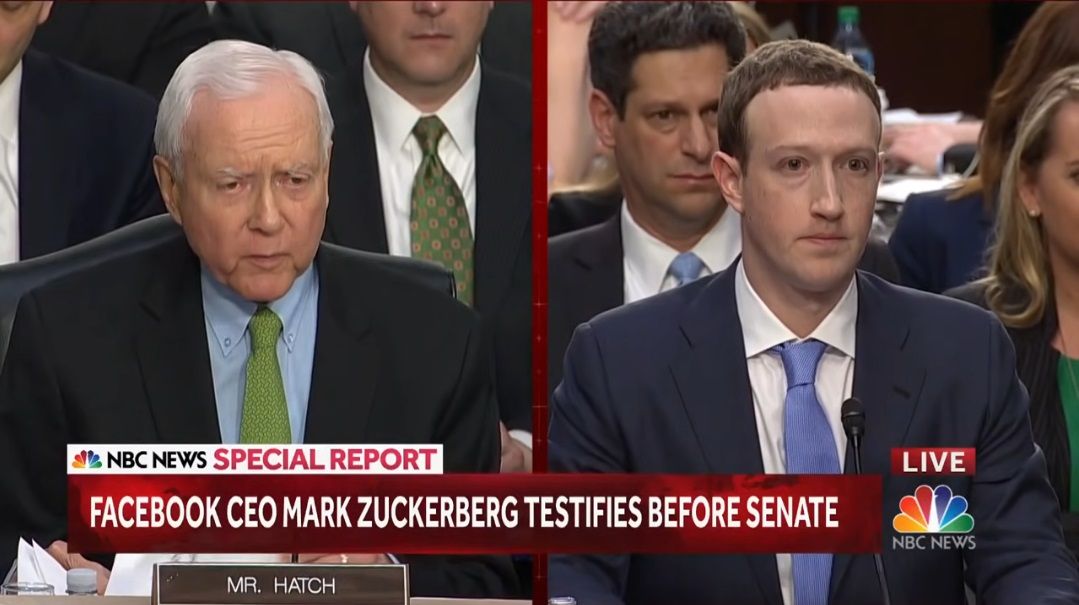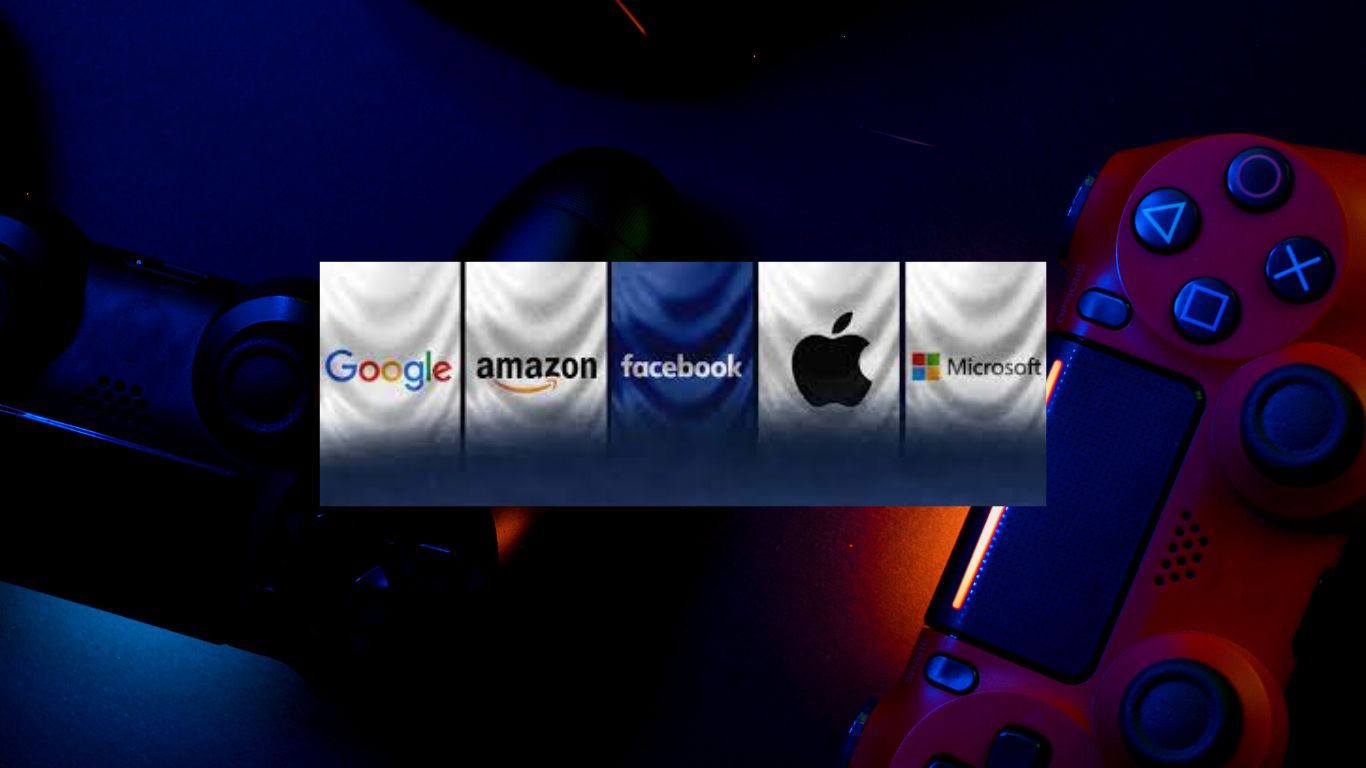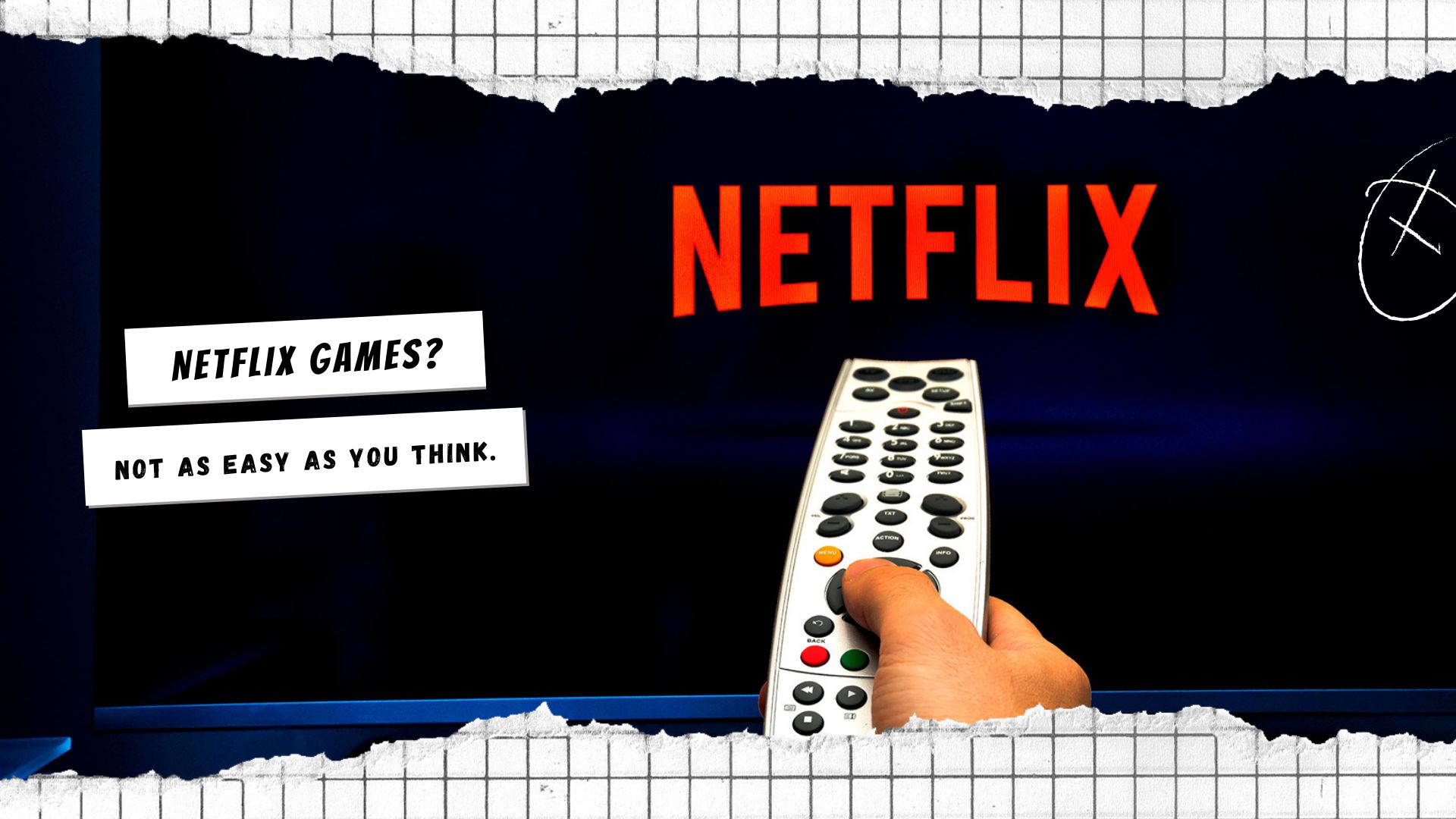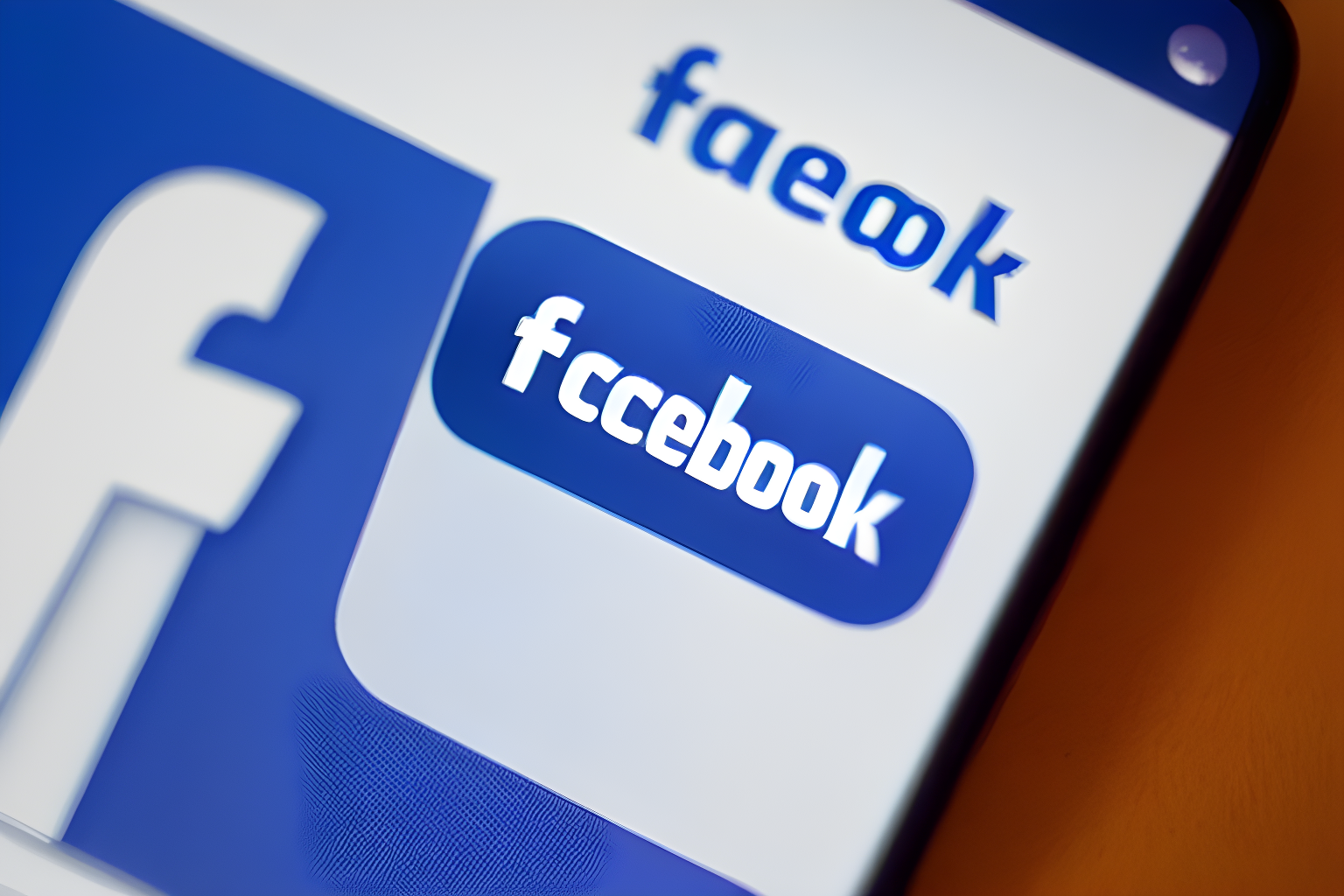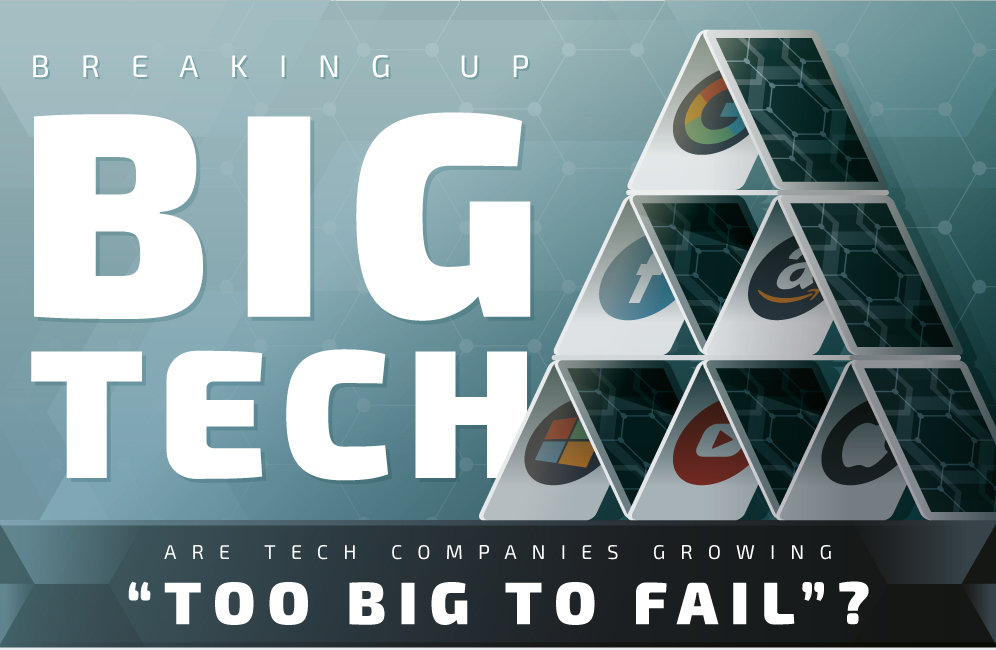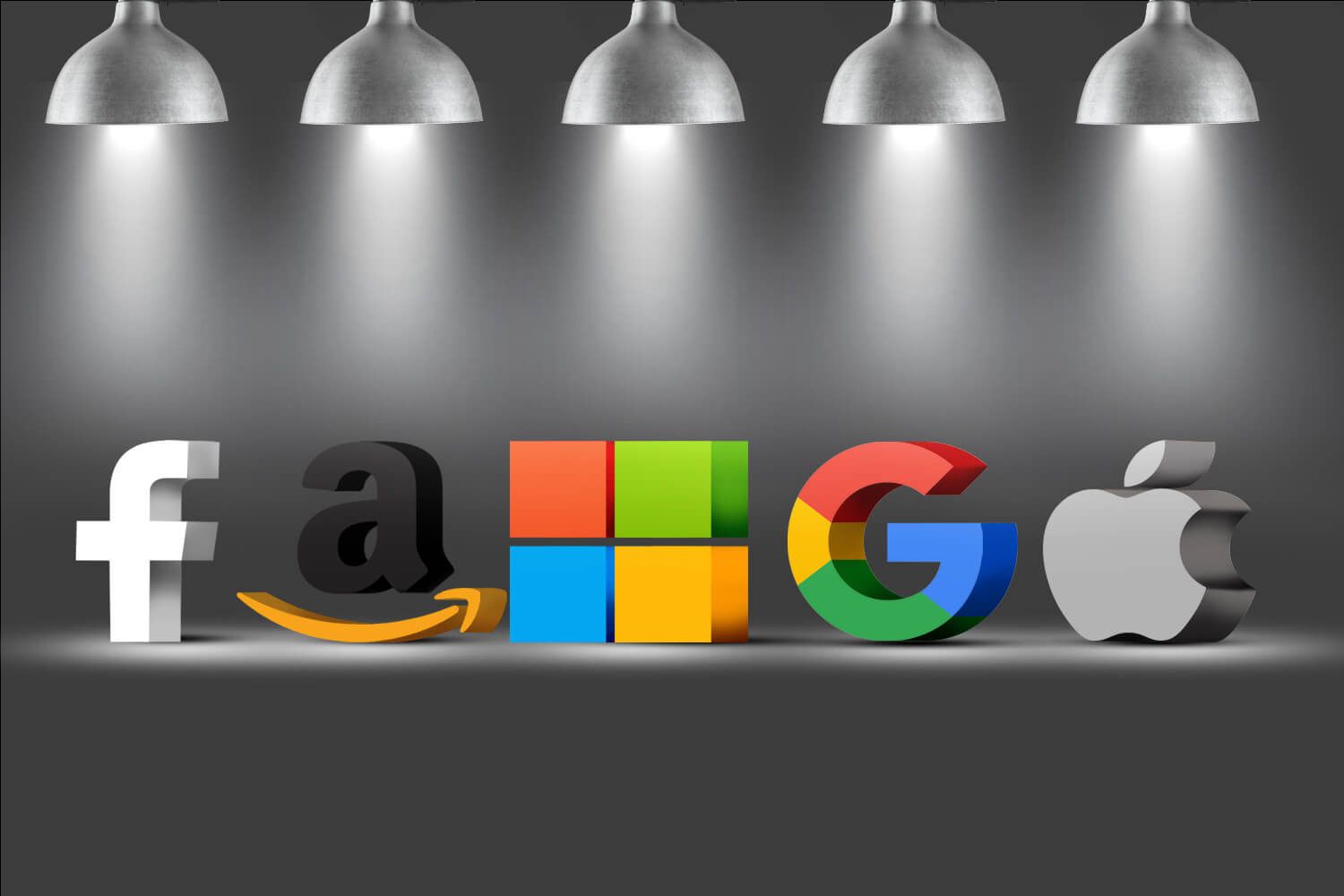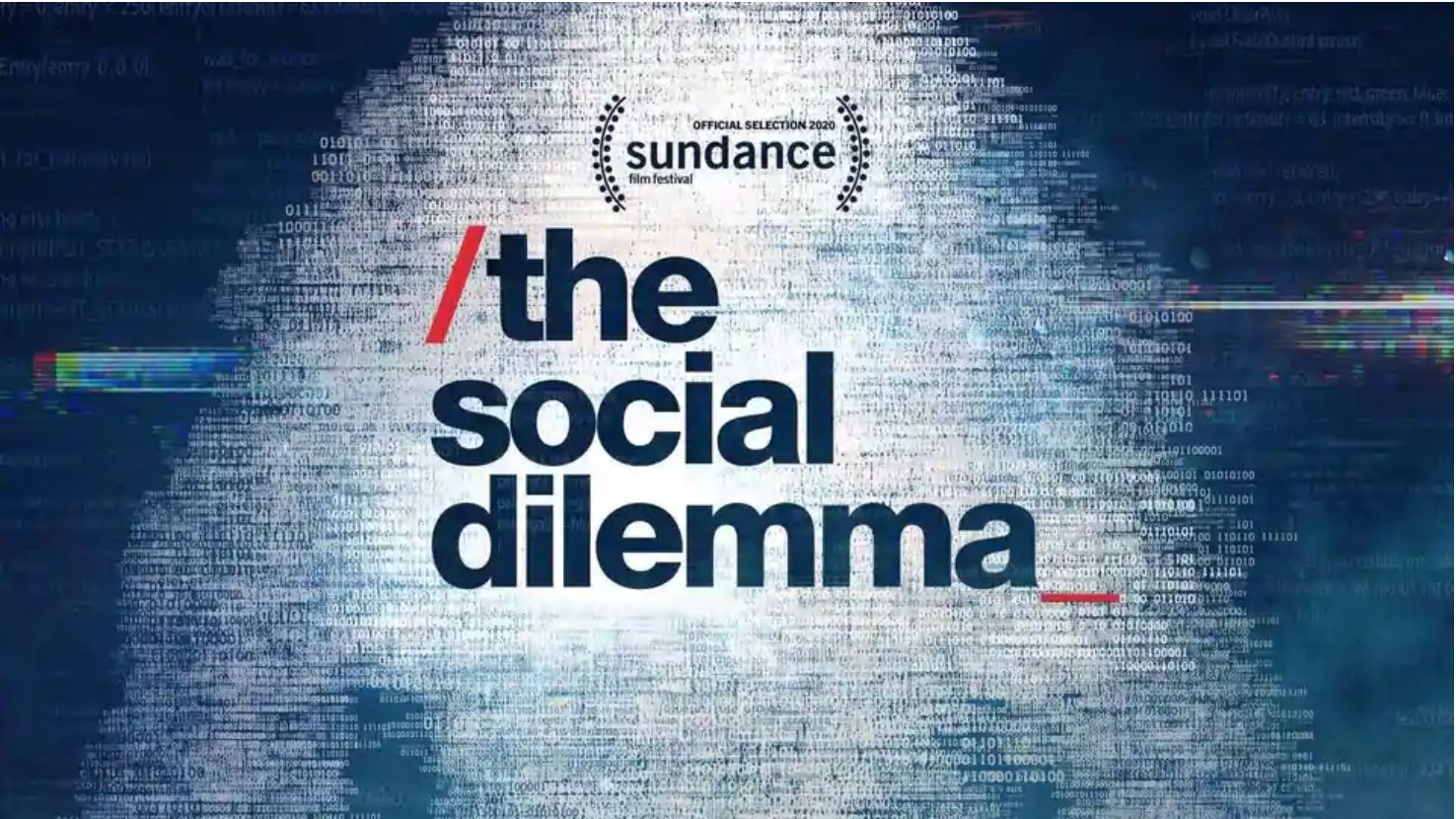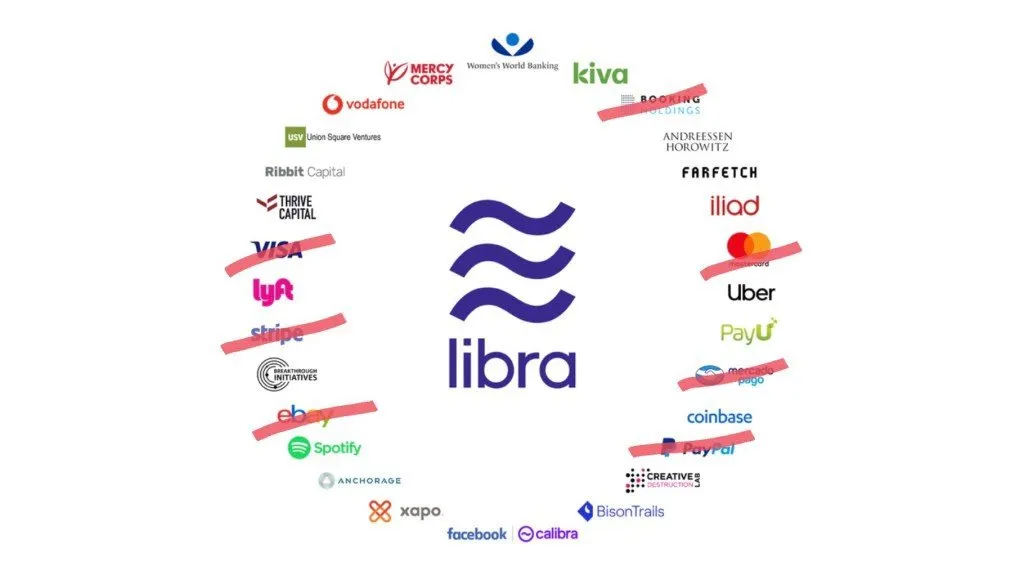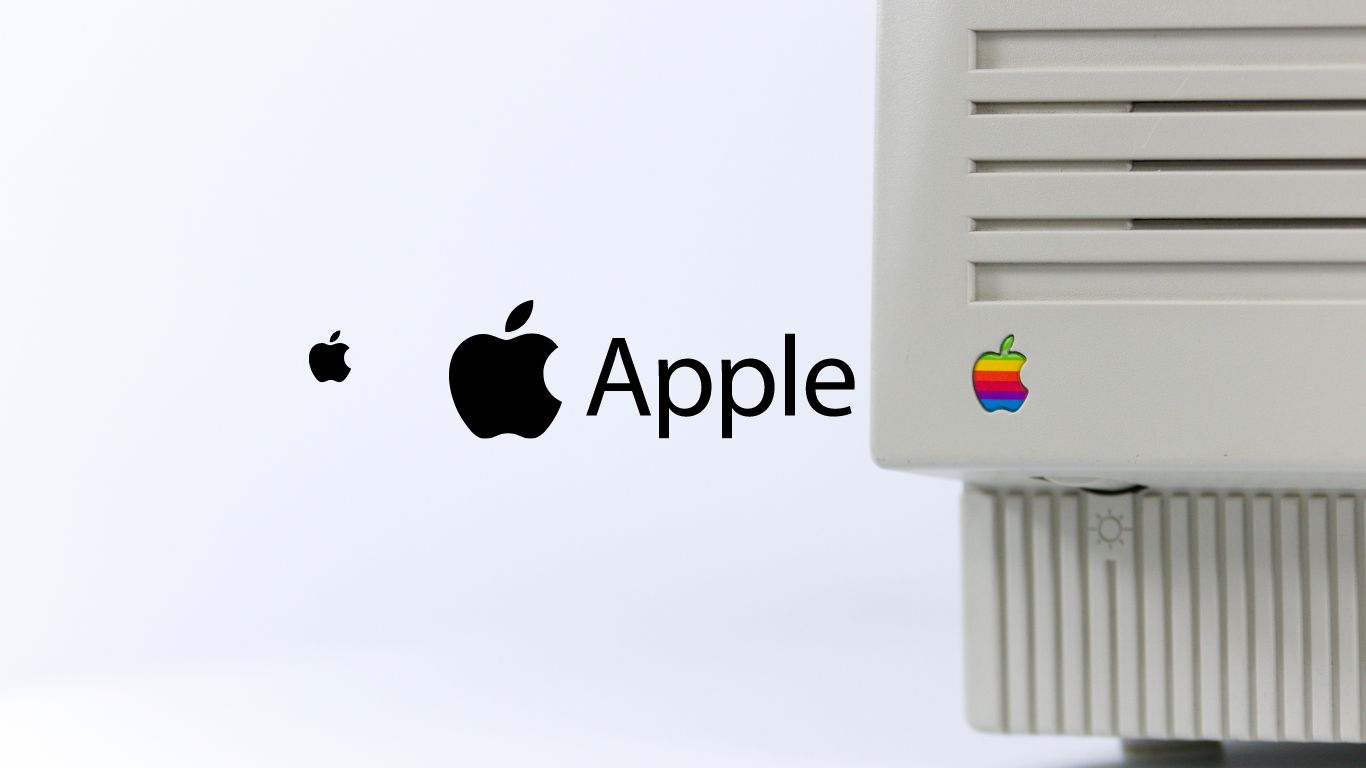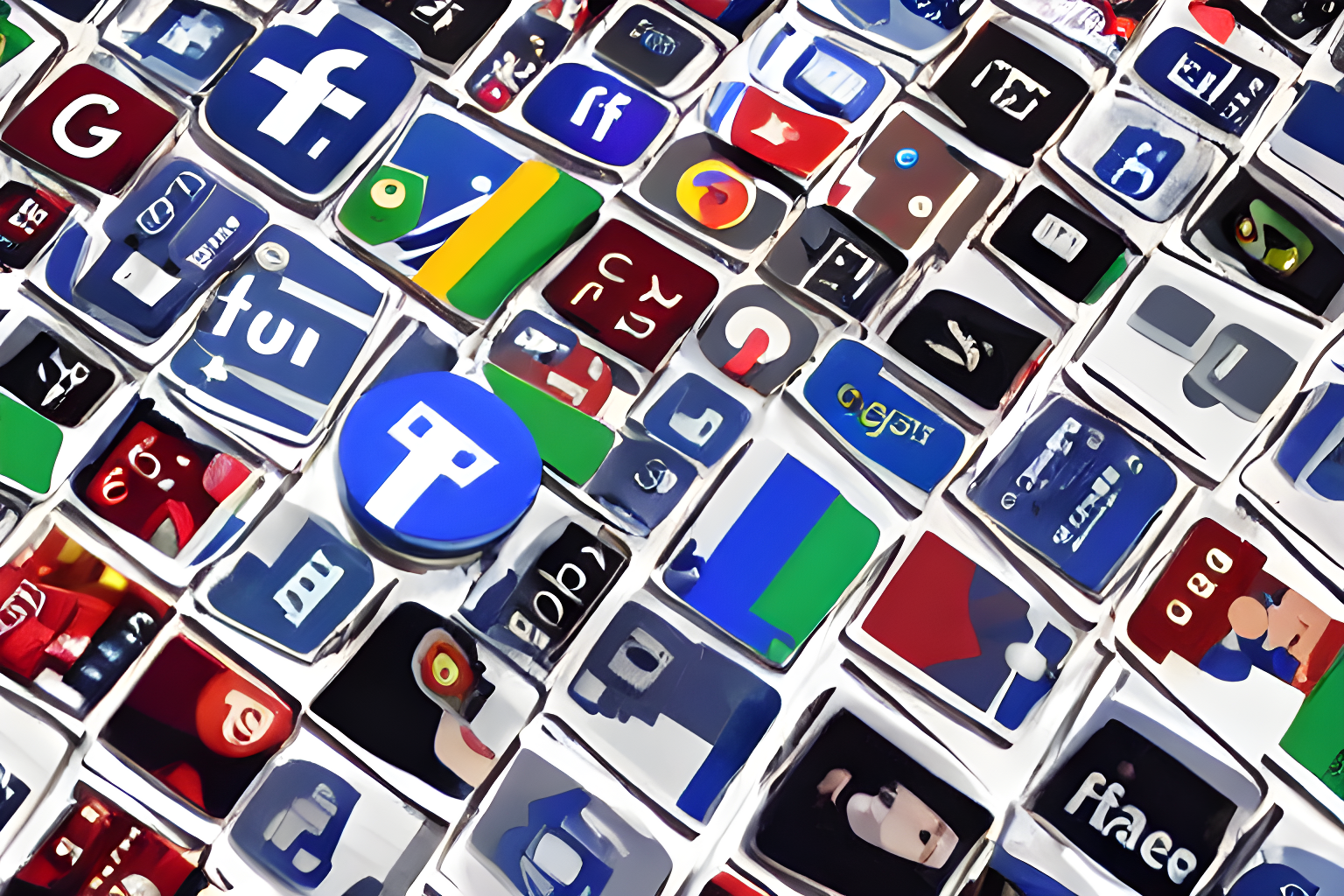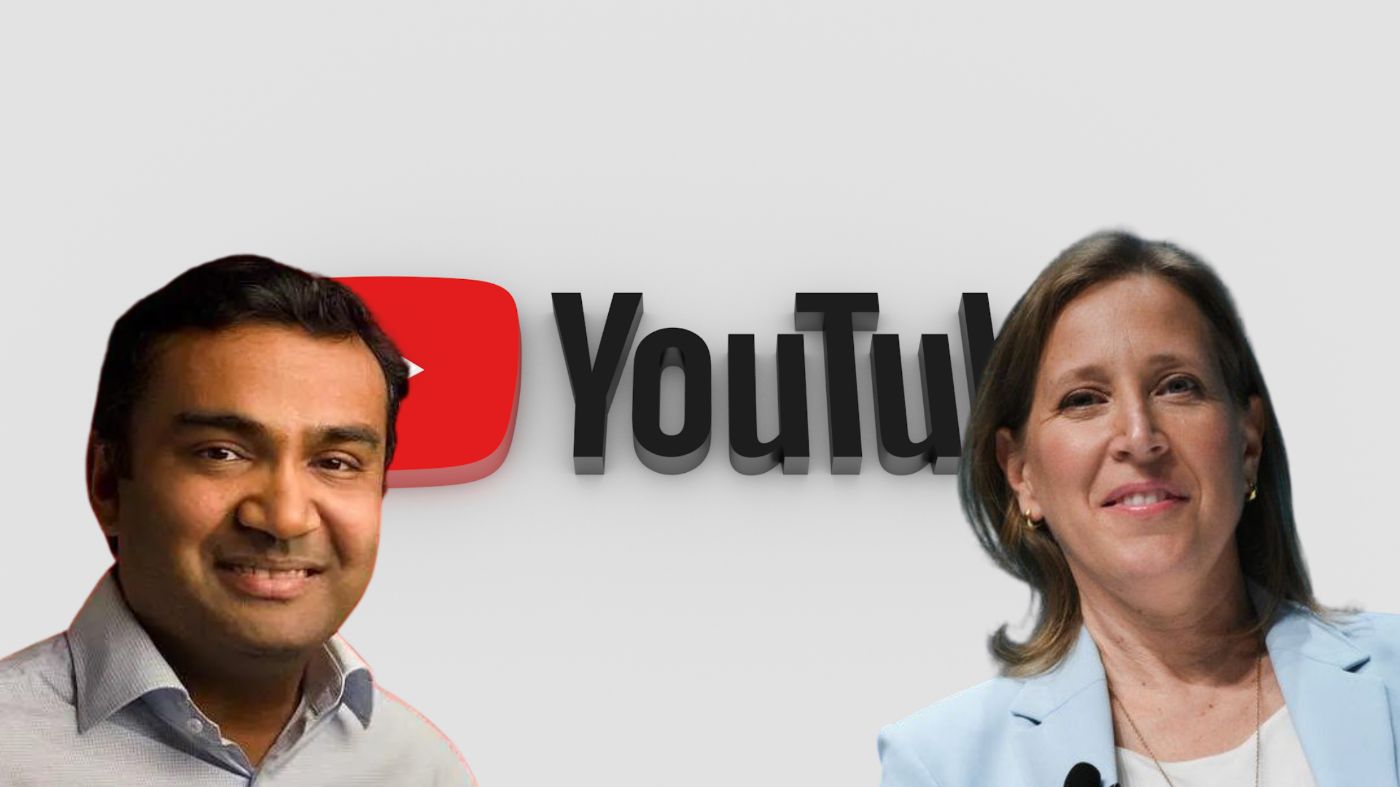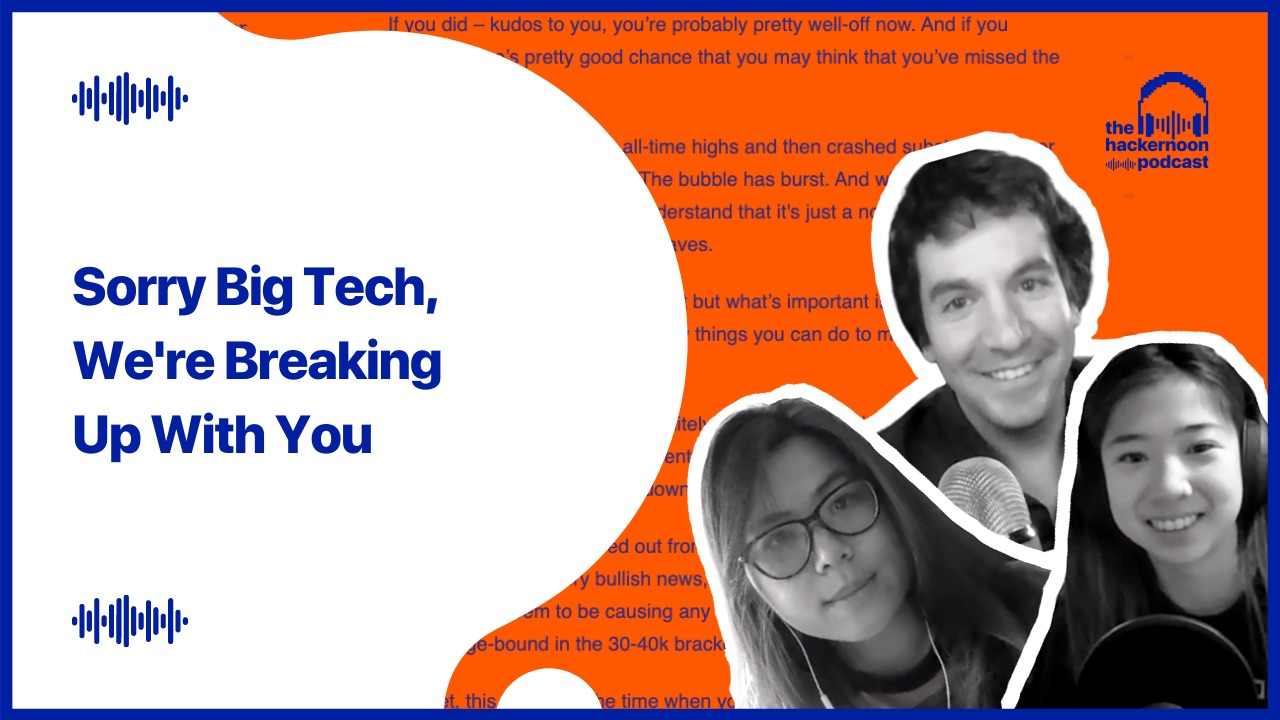
 This bill's chances of passing look stronger than its predecessors. But if the bill doesn’t pass, the industry may change on its own to address its own issues.
This bill's chances of passing look stronger than its predecessors. But if the bill doesn’t pass, the industry may change on its own to address its own issues.
 Product, Parkour, and Pioneering: how the role of product management varies by stage of company
Product, Parkour, and Pioneering: how the role of product management varies by stage of company
 Five reasons of why working in a startup might be more rewarding than position in a big-name company for specialists, who are focused on career achievements.
Five reasons of why working in a startup might be more rewarding than position in a big-name company for specialists, who are focused on career achievements.
 Google’s closed search index makes their control indomitable in the space and shields them from scrutiny. OIP wants to change that.
Google’s closed search index makes their control indomitable in the space and shields them from scrutiny. OIP wants to change that.
 A couple of weeks ago Alphabet shares dropped 6%, Facebook tanked 7.5%, and Amazon shed 4.5% of its value. Why did this happen? An anti-trust probe was called into life regarding Alphabet’s Google Search business and investors fear a similar fate for its tech brethren, seemingly rightfully so: This news story unearths a public debate that has been discussed intensively since the 2016 US elections concerning Big Tech’s power and the need for anti-trust legislation. A debate, which appears to have the nearly unanimous agreement that these companies should be broken up. Logically, therefore, these firms should already be broken up, yet they are not. Why is this? Aside from the strawman “The government is corrupt/incompetent” reasoning, there actually exist multiple genuine arguments for keeping Big Tech intact, which we’ll be examining in the following.
A couple of weeks ago Alphabet shares dropped 6%, Facebook tanked 7.5%, and Amazon shed 4.5% of its value. Why did this happen? An anti-trust probe was called into life regarding Alphabet’s Google Search business and investors fear a similar fate for its tech brethren, seemingly rightfully so: This news story unearths a public debate that has been discussed intensively since the 2016 US elections concerning Big Tech’s power and the need for anti-trust legislation. A debate, which appears to have the nearly unanimous agreement that these companies should be broken up. Logically, therefore, these firms should already be broken up, yet they are not. Why is this? Aside from the strawman “The government is corrupt/incompetent” reasoning, there actually exist multiple genuine arguments for keeping Big Tech intact, which we’ll be examining in the following.
 Normalizing the behavior of businesses to set the social standards for freedom of expression is a slippery slope.
Normalizing the behavior of businesses to set the social standards for freedom of expression is a slippery slope.
 How to prep for coding interviews by using patterns to figure out how to guess the most likely questions to be asked in many programming job interviews.
How to prep for coding interviews by using patterns to figure out how to guess the most likely questions to be asked in many programming job interviews.
 The Big Five tech companies — Amazon, Apple, Facebook, Microsoft and Google owner Alphabet — have come under serious scrutiny in the past few years.
The Big Five tech companies — Amazon, Apple, Facebook, Microsoft and Google owner Alphabet — have come under serious scrutiny in the past few years.
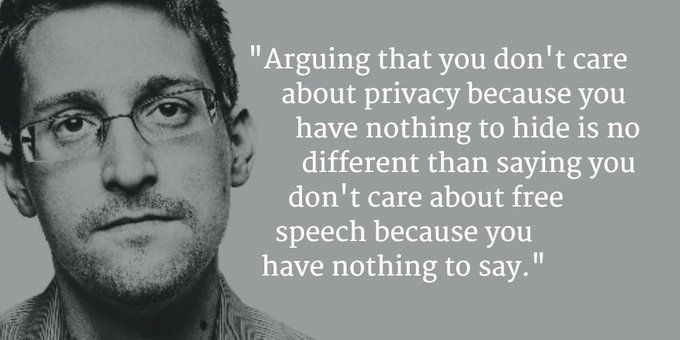 The above statement is easily the most eloquent justification of privacy that I've seen. Thanks in large part to Snowden, the past decade has seen large parts of society become serious about data privacy, but it still feels like an overwhelming number of people can't be bothered to give this issue even a second of their time.
The above statement is easily the most eloquent justification of privacy that I've seen. Thanks in large part to Snowden, the past decade has seen large parts of society become serious about data privacy, but it still feels like an overwhelming number of people can't be bothered to give this issue even a second of their time.
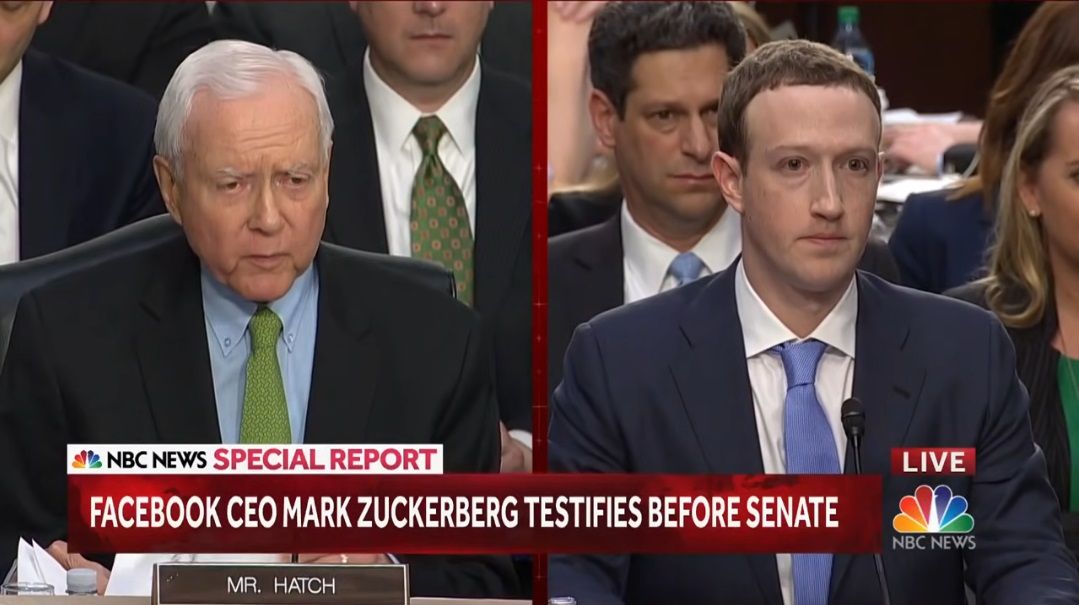 Mark Zuckerberg shouldn't have to explain the internet to Congress. It's high time we made tech literacy a requirement for running for office.
Mark Zuckerberg shouldn't have to explain the internet to Congress. It's high time we made tech literacy a requirement for running for office.
 Since Satoshi Nakamoto came up with the first conceptualized blockchain in 2008, that was an improvement on the system using a methodology similar to Hashcash which also led to the implementation of the first cryptocurrency Bitcoin in 2009, the blockchain has found a lot of uses in the business world. This is largely due to a lot of useful features inherent in the blockchain technology.
Since Satoshi Nakamoto came up with the first conceptualized blockchain in 2008, that was an improvement on the system using a methodology similar to Hashcash which also led to the implementation of the first cryptocurrency Bitcoin in 2009, the blockchain has found a lot of uses in the business world. This is largely due to a lot of useful features inherent in the blockchain technology.
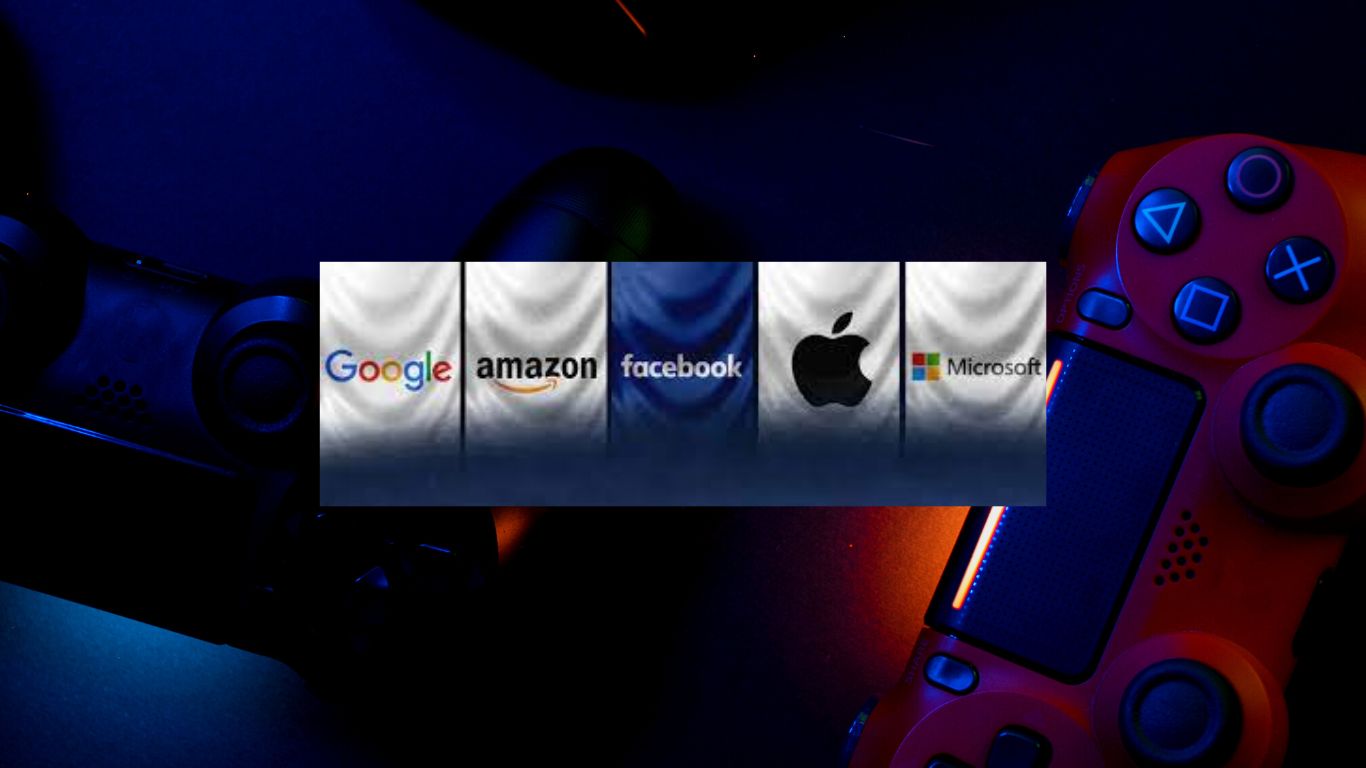 The evolution of AI is shaping up to be a dynamic and rapidly evolving landscape, with a few large companies currently leading the way.
The evolution of AI is shaping up to be a dynamic and rapidly evolving landscape, with a few large companies currently leading the way.
 One of the people in tech that gets an unfair bad rep is Andrew Torba. Infact, I had a Gab account since 2017, and though I am barely active, I don't have many problems with the service.
One of the people in tech that gets an unfair bad rep is Andrew Torba. Infact, I had a Gab account since 2017, and though I am barely active, I don't have many problems with the service.
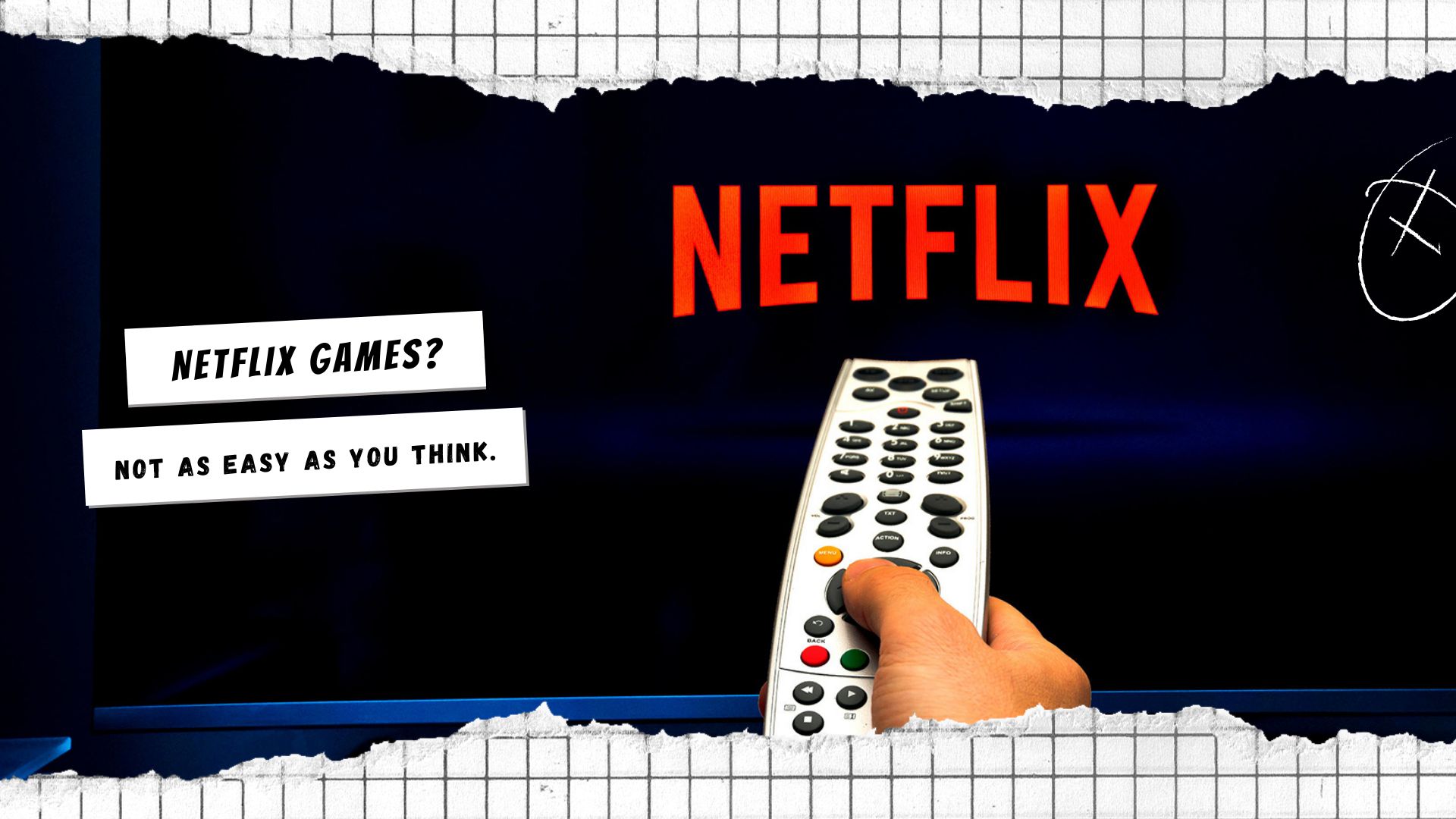 Netflix adding some sort of gaming module to their current service brings to mind that in-flight entertainment option you get on long-haul flights.
Netflix adding some sort of gaming module to their current service brings to mind that in-flight entertainment option you get on long-haul flights.
 A group of bipartisan lawmakers hopes to pass antitrust legislation that takes aim at tech giants buying out the competition and hoarding data.
A group of bipartisan lawmakers hopes to pass antitrust legislation that takes aim at tech giants buying out the competition and hoarding data.
 Elon Musk. Business. Tech. Politics. What could go wrong?
Elon Musk. Business. Tech. Politics. What could go wrong?
 The grass isn’t always greener on the other side. Here are some things to consider before applying for a Tech Company.
The grass isn’t always greener on the other side. Here are some things to consider before applying for a Tech Company.
 Between 2010 and 2014, rates of self-harm, depression, and anxiety among teenage girls doubled; is Instagram to blame?
Between 2010 and 2014, rates of self-harm, depression, and anxiety among teenage girls doubled; is Instagram to blame?
 Think carefully before publishing your personal data (especially name, address, telephone number) in a user profile.
Think carefully before publishing your personal data (especially name, address, telephone number) in a user profile.
 Twitter has recently hired Tess Renearsson – a famous blockchain engineer – to lead a new department at Twitter that will research decentralised technologies and look for ways how Twitter could implement them in its products and infrastructure. Twitter has responded to its users’ rising interest in decentralised technologies and will try to contribute to their development and to make them part of its user experience.
Twitter has recently hired Tess Renearsson – a famous blockchain engineer – to lead a new department at Twitter that will research decentralised technologies and look for ways how Twitter could implement them in its products and infrastructure. Twitter has responded to its users’ rising interest in decentralised technologies and will try to contribute to their development and to make them part of its user experience.
 Remember when we thought COVID was just a horrible stage in our lives that would disappear after a month of masks and hand sanitizer? Oh, how sweet and naïve we were. As the pandemic marches on and many countries consider a second lockdown, businesses are having to look back on how they have managed these last 7 months and strategize for a corona-filled future.
Remember when we thought COVID was just a horrible stage in our lives that would disappear after a month of masks and hand sanitizer? Oh, how sweet and naïve we were. As the pandemic marches on and many countries consider a second lockdown, businesses are having to look back on how they have managed these last 7 months and strategize for a corona-filled future.
 With privacy and security issues, daily ransomware attacks putting sensitive data at risk of being published - I decided to de-Facebook and de-Google my life.
With privacy and security issues, daily ransomware attacks putting sensitive data at risk of being published - I decided to de-Facebook and de-Google my life.
 Why you should be happy about companies collecting your data.
Why you should be happy about companies collecting your data.
 A month ago it would’ve been hard to imagine how life would change in what seems overnight. Quarantines have been declared in many countries, and already around one billion people are staying at home, isolating themselves and some working remotely. The public activities have stopped, drug stores are in deficit of protection masks, and food shops are being cleaned of even primary products.
A month ago it would’ve been hard to imagine how life would change in what seems overnight. Quarantines have been declared in many countries, and already around one billion people are staying at home, isolating themselves and some working remotely. The public activities have stopped, drug stores are in deficit of protection masks, and food shops are being cleaned of even primary products.
 Netflix reported its fourth-quarter earnings on Jan. 19 showing growth in subscribers. Following the results, the company’s stock increased by almost 6%.
Netflix reported its fourth-quarter earnings on Jan. 19 showing growth in subscribers. Following the results, the company’s stock increased by almost 6%.
 For many, privacy and security seem to be words that are interchangeable. Yet, you can have one without the other and users need to be aware of what they get.
For many, privacy and security seem to be words that are interchangeable. Yet, you can have one without the other and users need to be aware of what they get.
 Intel faces a number of rivals in addition to a battle to maintain its position as the largest chip maker in America by revenue.
Intel faces a number of rivals in addition to a battle to maintain its position as the largest chip maker in America by revenue.
 Unsurprisingly, I am not a big fan of censorship. The social network known as Parler aims to be a censorship-resistant social network or form of alternative media to Twitter.
Unsurprisingly, I am not a big fan of censorship. The social network known as Parler aims to be a censorship-resistant social network or form of alternative media to Twitter.
 Businesses will be able to reach their ultimate aim of leveraging data for better customer experience and retention if they use Big Data effectively.
Businesses will be able to reach their ultimate aim of leveraging data for better customer experience and retention if they use Big Data effectively.
 The fourth quarter saw a 51% decline in revenue for AMD's client segment, but this decline was offset by a 42% increase in revenue for AMD's data center segment
The fourth quarter saw a 51% decline in revenue for AMD's client segment, but this decline was offset by a 42% increase in revenue for AMD's data center segment
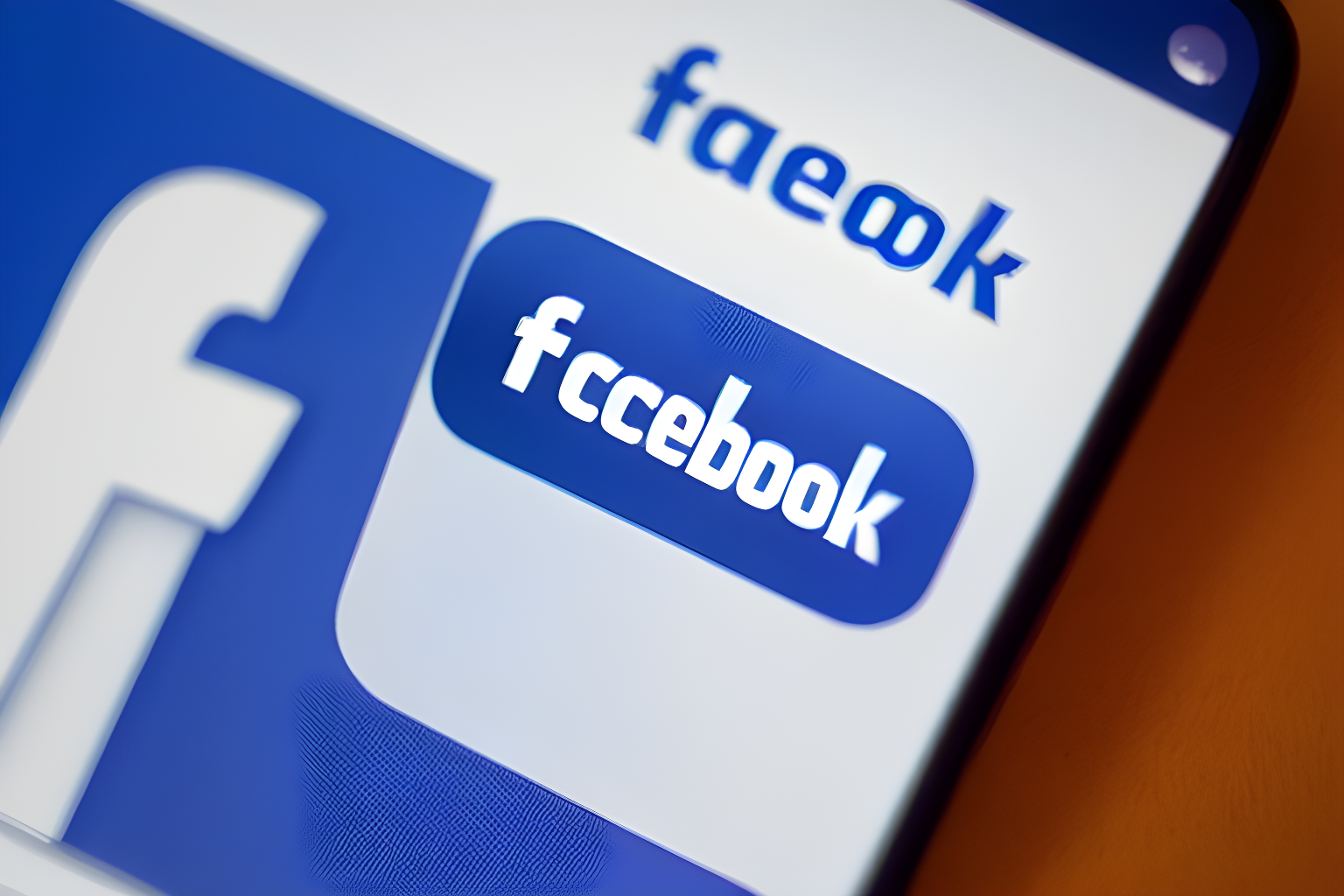 Gideon Lichfield takes a deeper look at Facebook's PR strategy.
Gideon Lichfield takes a deeper look at Facebook's PR strategy.
 The world has come a long way in terms of its relationship with technology and knowledge. It’s almost universal that people are often afraid of new inventions that are supposed to improve their lives. We feel threatened by what’s out of our intellectual grasp.
The world has come a long way in terms of its relationship with technology and knowledge. It’s almost universal that people are often afraid of new inventions that are supposed to improve their lives. We feel threatened by what’s out of our intellectual grasp.
 Improper use of user-profiles data by third parties is probably the most serious potential risk with regard to personal data contained
Improper use of user-profiles data by third parties is probably the most serious potential risk with regard to personal data contained
 Noah Kantrowitz explains how big tech companies are killing Kubernetes.
Noah Kantrowitz explains how big tech companies are killing Kubernetes.
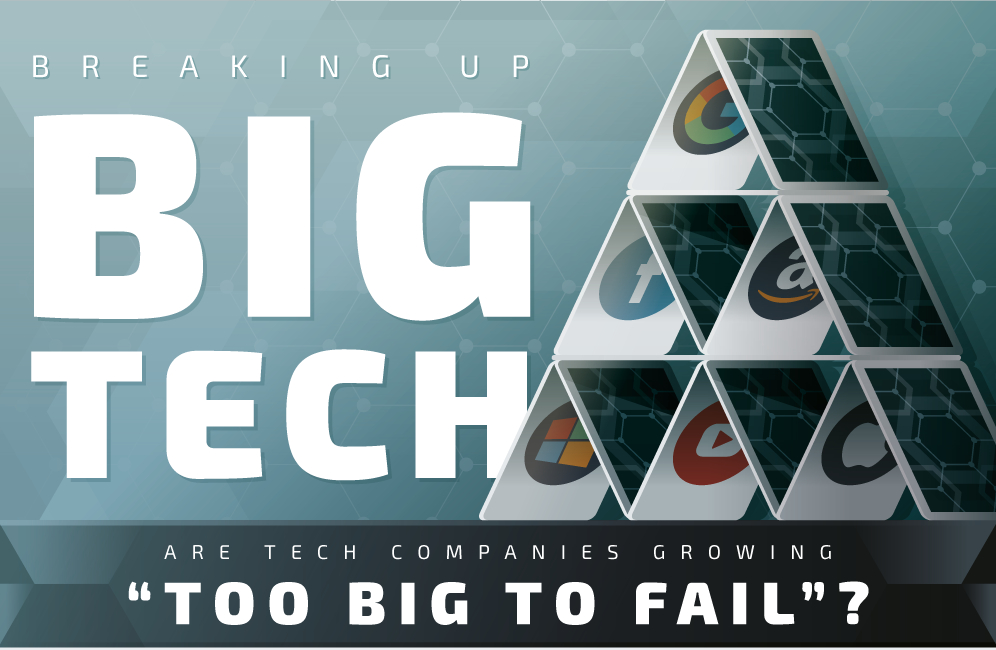 The 5 tech companies we will discuss are referred to as FAAMG: Facebook, Amazon, Apple, Microsoft, and Google. The earned revenues of those tech companies equated to 68% of US GDP growth in 2018. In terms of global traffic, Google, YouTube (which is owned by Google), and Facebook are the three most visited websites. With this, comes enormous power. For example, in terms of global traffic share, Facebook-owned sites controlled a huge segment of social media and messaging.
The 5 tech companies we will discuss are referred to as FAAMG: Facebook, Amazon, Apple, Microsoft, and Google. The earned revenues of those tech companies equated to 68% of US GDP growth in 2018. In terms of global traffic, Google, YouTube (which is owned by Google), and Facebook are the three most visited websites. With this, comes enormous power. For example, in terms of global traffic share, Facebook-owned sites controlled a huge segment of social media and messaging.
 Dealing with misinformation has always been, let’s say, a touchy subject for Big Tech.
Dealing with misinformation has always been, let’s say, a touchy subject for Big Tech.
 As crypto again enters the bull market limelight, things feel different this time. The decentralised merger of Dune Network with Free TON offers insight to why.
As crypto again enters the bull market limelight, things feel different this time. The decentralised merger of Dune Network with Free TON offers insight to why.
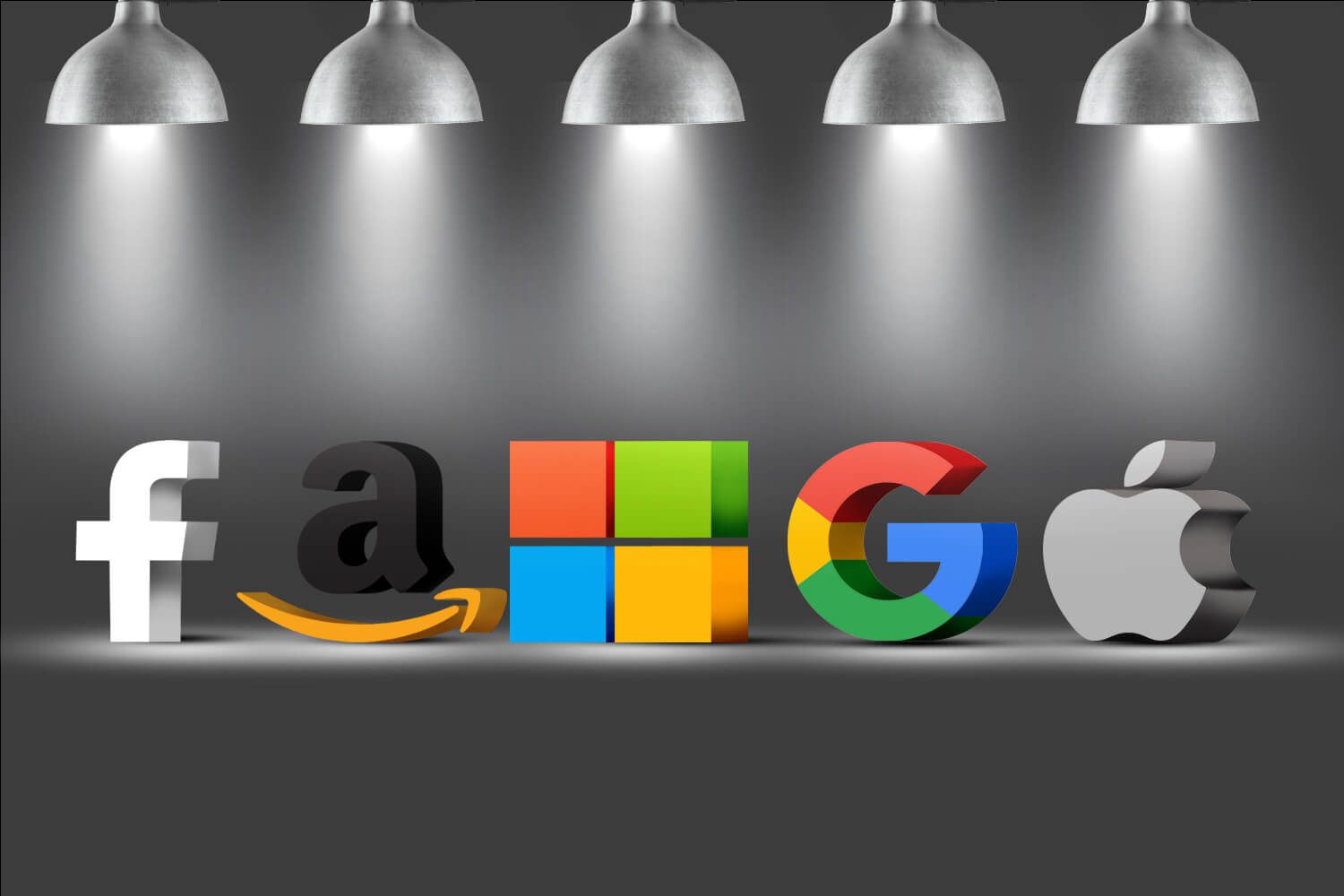 Amazon and Facebook are the largest corporate spenders on lobbying. BigTech is buying up the competition. Together, this puts a huge strain on US regulators.
Amazon and Facebook are the largest corporate spenders on lobbying. BigTech is buying up the competition. Together, this puts a huge strain on US regulators.
 Donald Trump tried it, now Joe Biden plans to do it...ban TikTok. The concern? Data Sovereignty, especially when the app is influenced by a foreign nation.
Donald Trump tried it, now Joe Biden plans to do it...ban TikTok. The concern? Data Sovereignty, especially when the app is influenced by a foreign nation.
 Personal data becomes publicly accessible in ways and in quantities hitherto unknown; above all, this happens concerning an enormous quantity of images
Personal data becomes publicly accessible in ways and in quantities hitherto unknown; above all, this happens concerning an enormous quantity of images
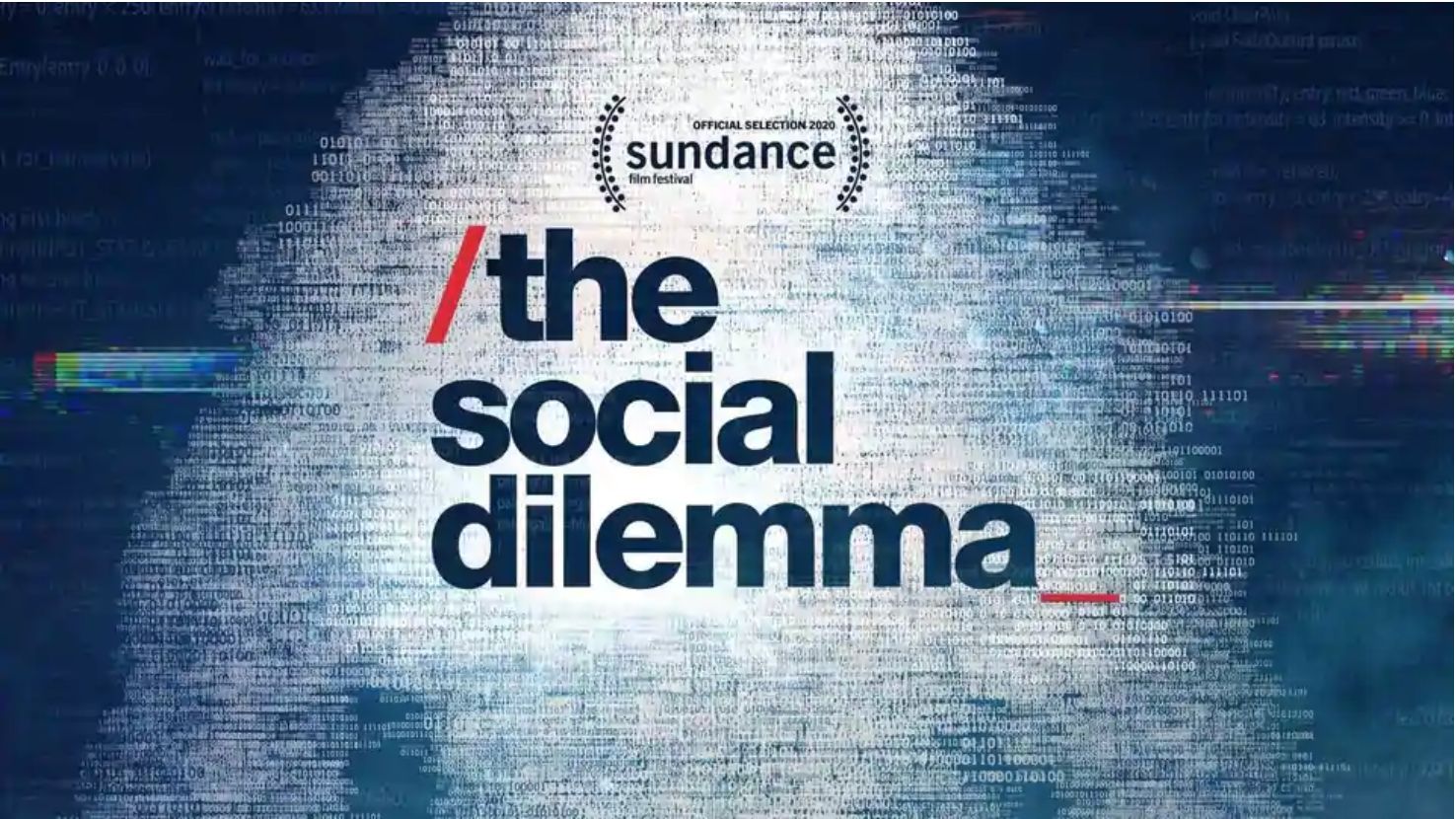 “There’s an old saying, ‘Things move at the speed of trust,’” Brian Chesky, co-founder, and chief executive of Airbnb.
“There’s an old saying, ‘Things move at the speed of trust,’” Brian Chesky, co-founder, and chief executive of Airbnb.
 Here are the reasons why big tech companies are building cities. Also, know why many are worried.
Here are the reasons why big tech companies are building cities. Also, know why many are worried.
 In the face of a global economic slowdown, tech giants are betting on new and emerging technologies to maintain their dominance.
In the face of a global economic slowdown, tech giants are betting on new and emerging technologies to maintain their dominance.
 11/24/2022: Top 5 stories on the Hackernoon homepage!
11/24/2022: Top 5 stories on the Hackernoon homepage!
 Recommendations to move off of big tech; these are some of the services and software I've shifted to listed some of the services I considered in the process.
Recommendations to move off of big tech; these are some of the services and software I've shifted to listed some of the services I considered in the process.
 I joined a panel with awesome fellow founders and builders of Mozilla to discuss the future of "citizen publishing" as a way to democratize the internet.
I joined a panel with awesome fellow founders and builders of Mozilla to discuss the future of "citizen publishing" as a way to democratize the internet.
 Imagine a car factory where nameless workers in a sprawling complex make expensive cars all day and all night. Thousands of shiny, new expensive cars move off the line every millisecond and are shipped instantly all over the world to wealthy buyers, generating $195 million of profit daily for the car company.
Imagine a car factory where nameless workers in a sprawling complex make expensive cars all day and all night. Thousands of shiny, new expensive cars move off the line every millisecond and are shipped instantly all over the world to wealthy buyers, generating $195 million of profit daily for the car company.
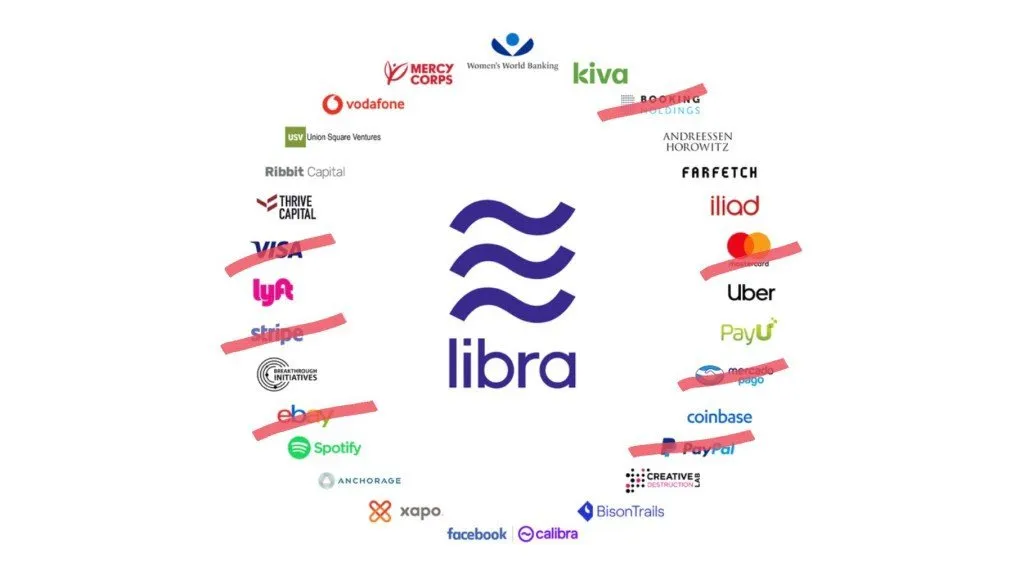 The crypto ecosystem has come a long way from its humble beginnings in Bitcoin. One testament to the revolution that blockchain represents can be seen in the multitude of large, established companies that have adopted and adapted blockchain.
The crypto ecosystem has come a long way from its humble beginnings in Bitcoin. One testament to the revolution that blockchain represents can be seen in the multitude of large, established companies that have adopted and adapted blockchain.
 Every organization needs to set quality improvement goals to keep its competitive edge.
Every organization needs to set quality improvement goals to keep its competitive edge.
 This is part of the reason that I launched the Open Innovation License prior. However, I felt like the OIN isn't enough. I felt like more needed to be done for the open source community and even the outside world that wants to establish a certain standard.
This is part of the reason that I launched the Open Innovation License prior. However, I felt like the OIN isn't enough. I felt like more needed to be done for the open source community and even the outside world that wants to establish a certain standard.
 Dear Readers,
Dear Readers,
 Want to avoid an insurrection or genocide? Disconnect AI from centralized databases now!
Want to avoid an insurrection or genocide? Disconnect AI from centralized databases now!
 The Markup reviewed public hearing testimony in all 31 states that have considered consumer data privacy legislation since 2021 and found a campaign by Big Tech
The Markup reviewed public hearing testimony in all 31 states that have considered consumer data privacy legislation since 2021 and found a campaign by Big Tech
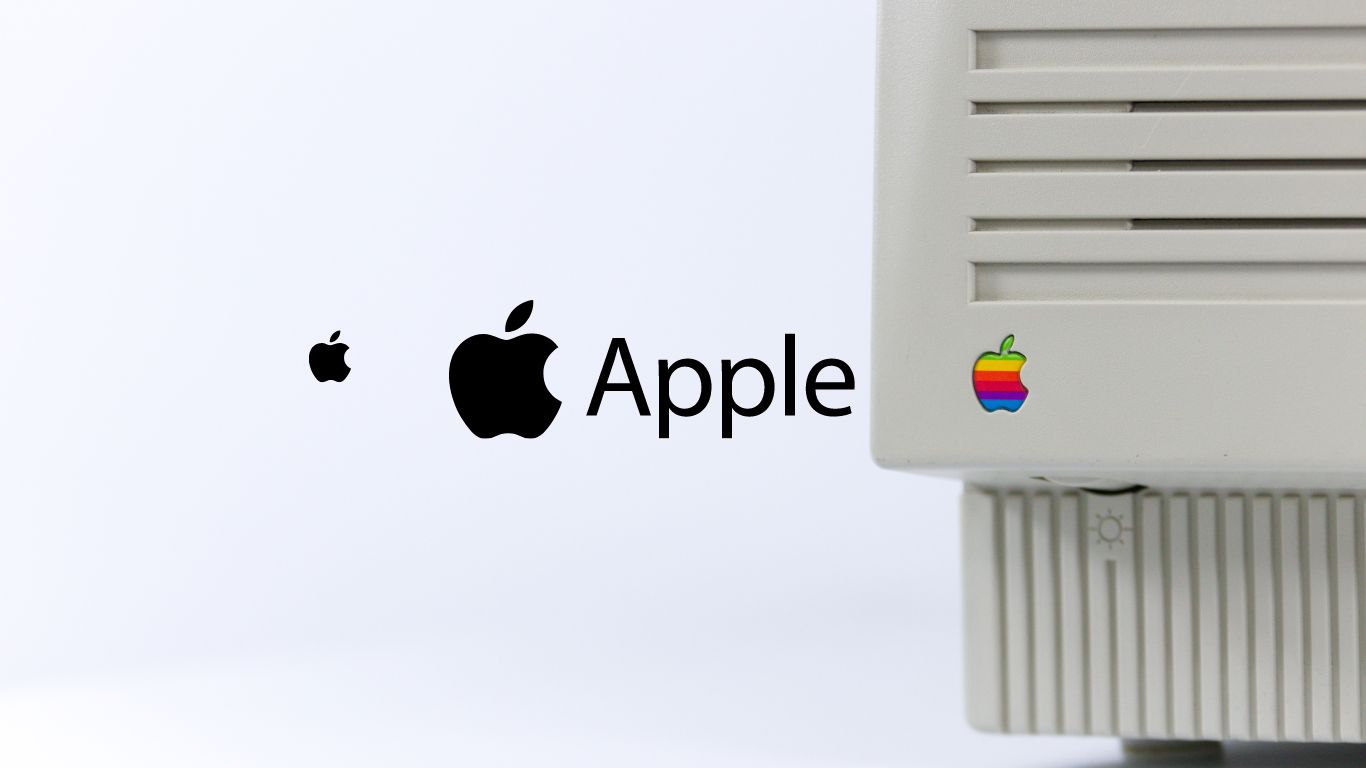 Q1 2023 earning results were one of the least impressive quarters for apple in recent memory. For the first time in four years, Apple's quarterly revenue fell.
Q1 2023 earning results were one of the least impressive quarters for apple in recent memory. For the first time in four years, Apple's quarterly revenue fell.
 Patrick McGee describes the collusion between Google and Facebook.
Patrick McGee describes the collusion between Google and Facebook.
 The world’s largest technology companies have all faced criticism over their global tax practices. Back home too, tech heavyweights are grappling with the Indian taxman.
The world’s largest technology companies have all faced criticism over their global tax practices. Back home too, tech heavyweights are grappling with the Indian taxman.
 How, working in the shadows of the internet, researchers developed a passive monitoring system that might soon make Big Tech companies accountable to the public — and even save democracy.
How, working in the shadows of the internet, researchers developed a passive monitoring system that might soon make Big Tech companies accountable to the public — and even save democracy.
 In the right hands, tech can set us free—but it's in the wrong hands right now. So what can you do to prepare? Read this.
In the right hands, tech can set us free—but it's in the wrong hands right now. So what can you do to prepare? Read this.
 It’s really not as hard as it sounds
It’s really not as hard as it sounds
 A 2019 research conducted by HYPR showed that 78% of people forgot their passwords and required a reset within the last 90 days. Passwords aren’t just difficult to manage, they are inconvenient, insecure, and expensive because passwords are just too easy to guess, hack or intercept and what’s more, the legacy of password reuse is leading to constant attack and account vulnerabilities.
A 2019 research conducted by HYPR showed that 78% of people forgot their passwords and required a reset within the last 90 days. Passwords aren’t just difficult to manage, they are inconvenient, insecure, and expensive because passwords are just too easy to guess, hack or intercept and what’s more, the legacy of password reuse is leading to constant attack and account vulnerabilities.
 In this research, we analyze the financials of the main big tech players for 2021. We draw some key conclusions based on the recent financial releases.
In this research, we analyze the financials of the main big tech players for 2021. We draw some key conclusions based on the recent financial releases.
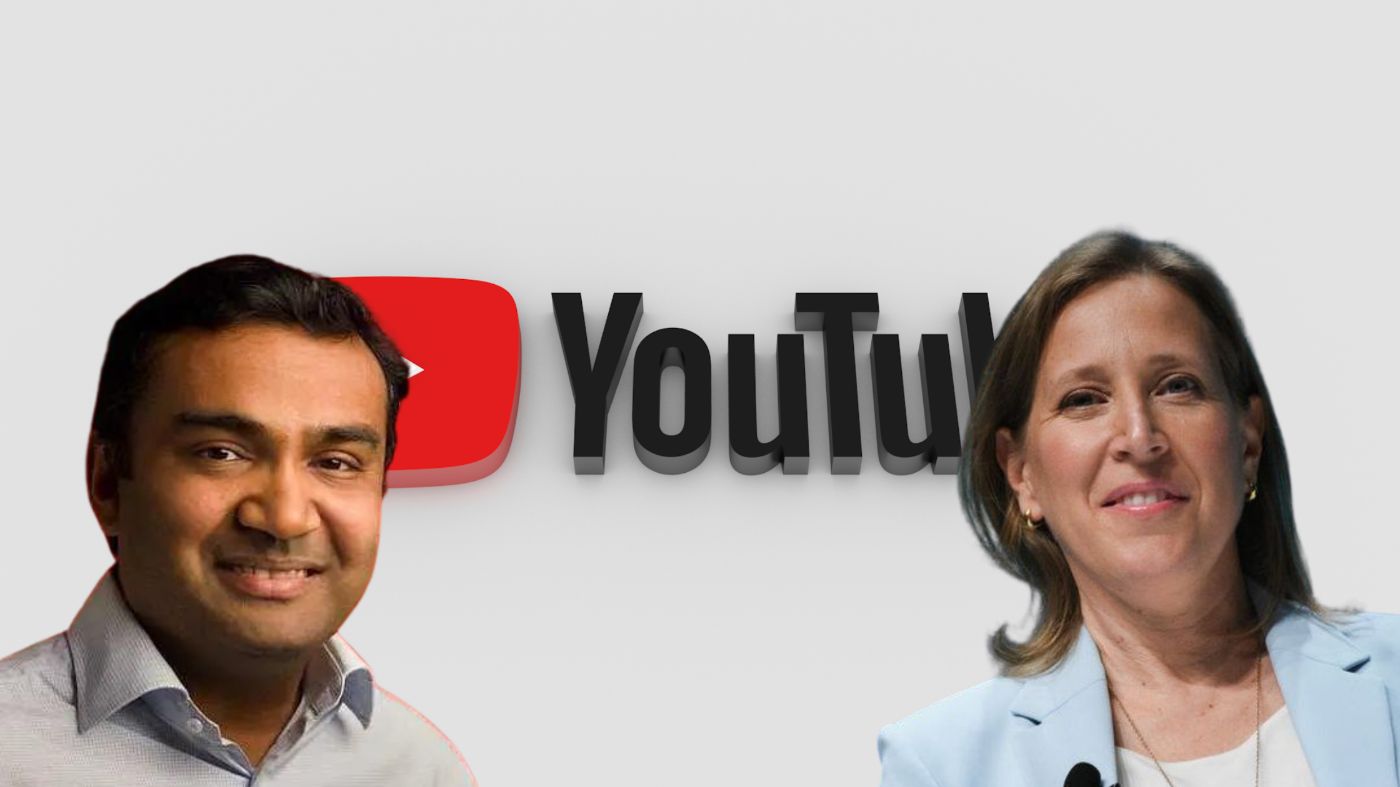 In light of Susan Wojcicki's departure as the CEO of Youtube, what is the future of the company like?
In light of Susan Wojcicki's departure as the CEO of Youtube, what is the future of the company like?
 Yet the high-speed internet options offered by an internet service provider can vary even by neighborhood within a city...
Yet the high-speed internet options offered by an internet service provider can vary even by neighborhood within a city...
 Could behavioral advertising be on its way out?
Could behavioral advertising be on its way out?
 At the heart of it all, big data also has a dark side. Several tech giants are facing heat from the public and government regarding the issue of data privacy.
At the heart of it all, big data also has a dark side. Several tech giants are facing heat from the public and government regarding the issue of data privacy.
 Big tech firms get their wealth & power from the data they freely collect from users. But new blockchain tech is about to destabilize the entire data landscape.
Big tech firms get their wealth & power from the data they freely collect from users. But new blockchain tech is about to destabilize the entire data landscape.
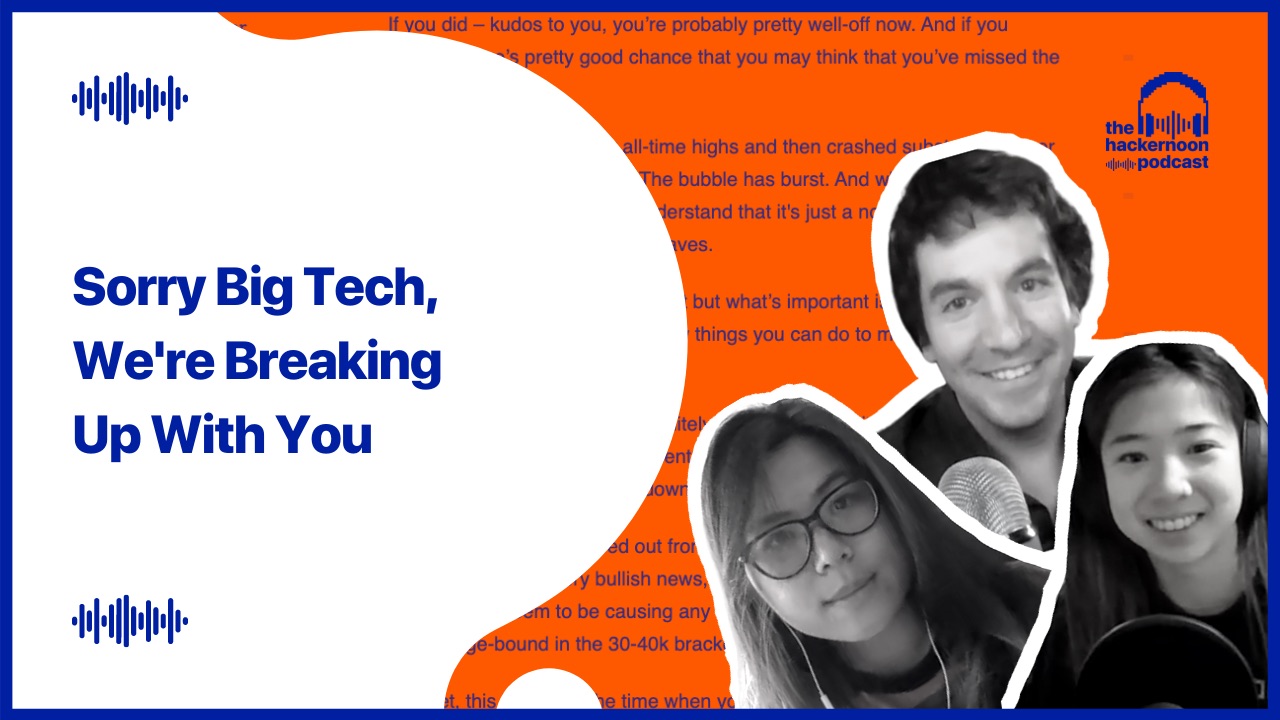 We are cracking down on Big Tech. Amy Tom, David Smooke, and Hang Ngo talk about Biden's Executive Order on Big Tech, more space war dram, and decentralization
We are cracking down on Big Tech. Amy Tom, David Smooke, and Hang Ngo talk about Biden's Executive Order on Big Tech, more space war dram, and decentralization








